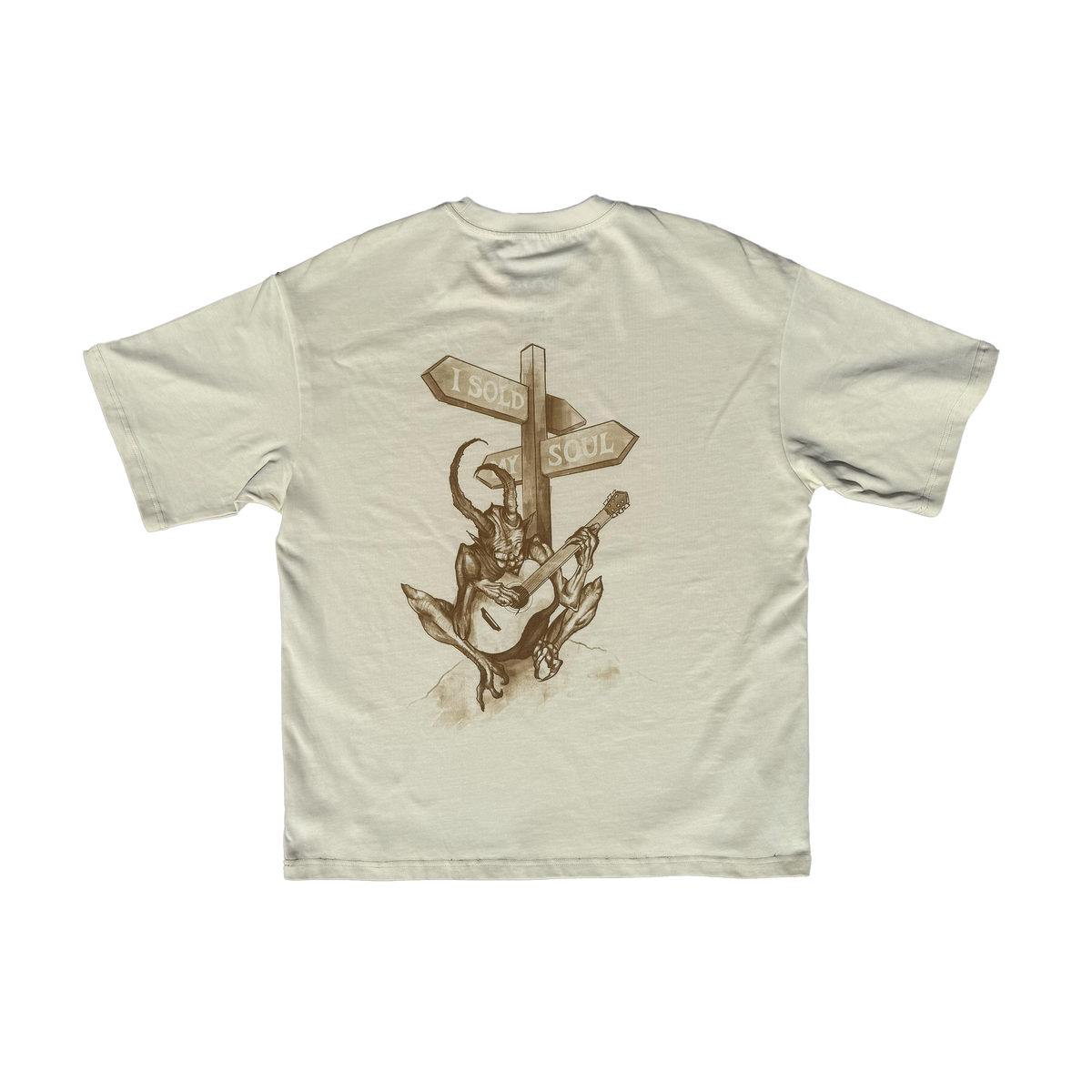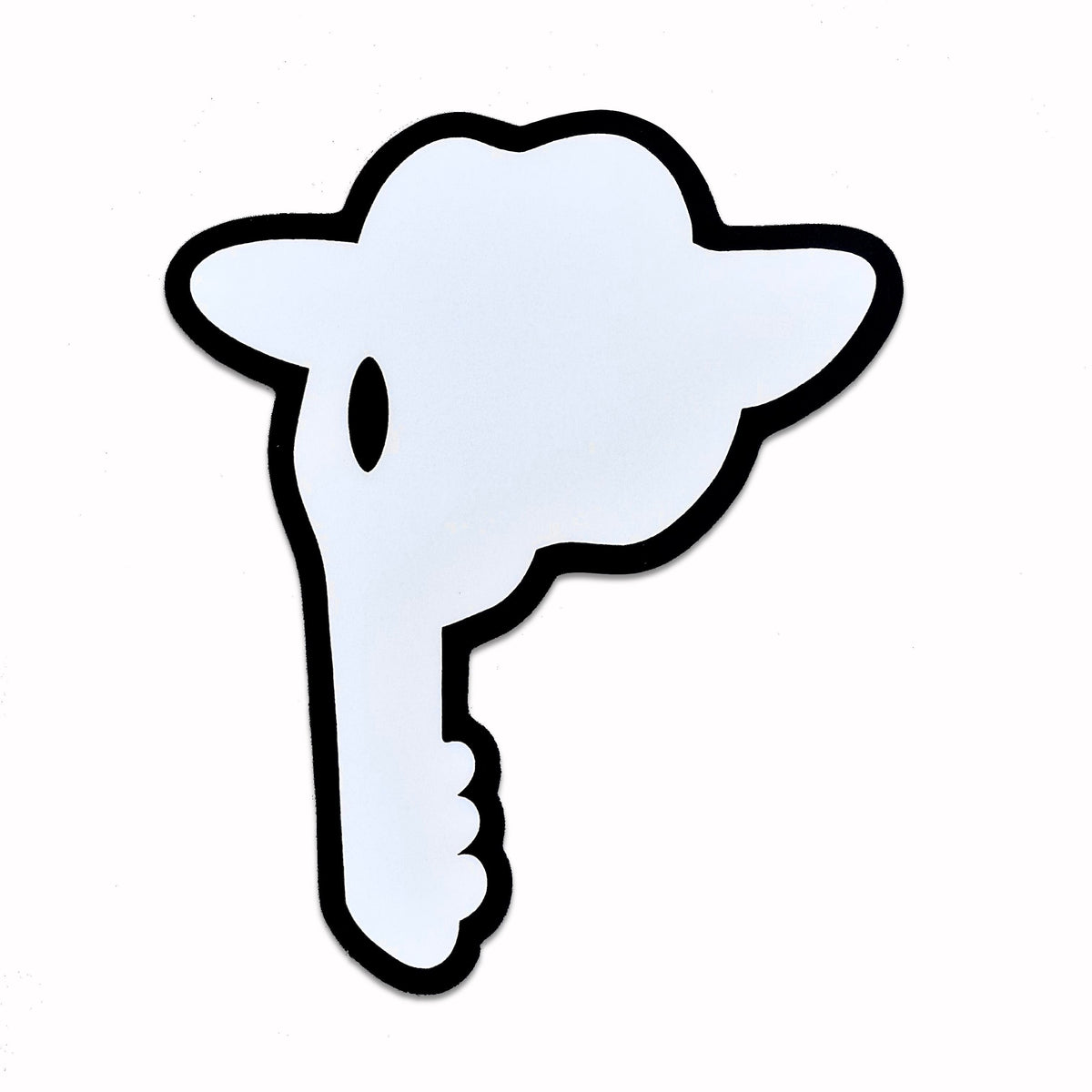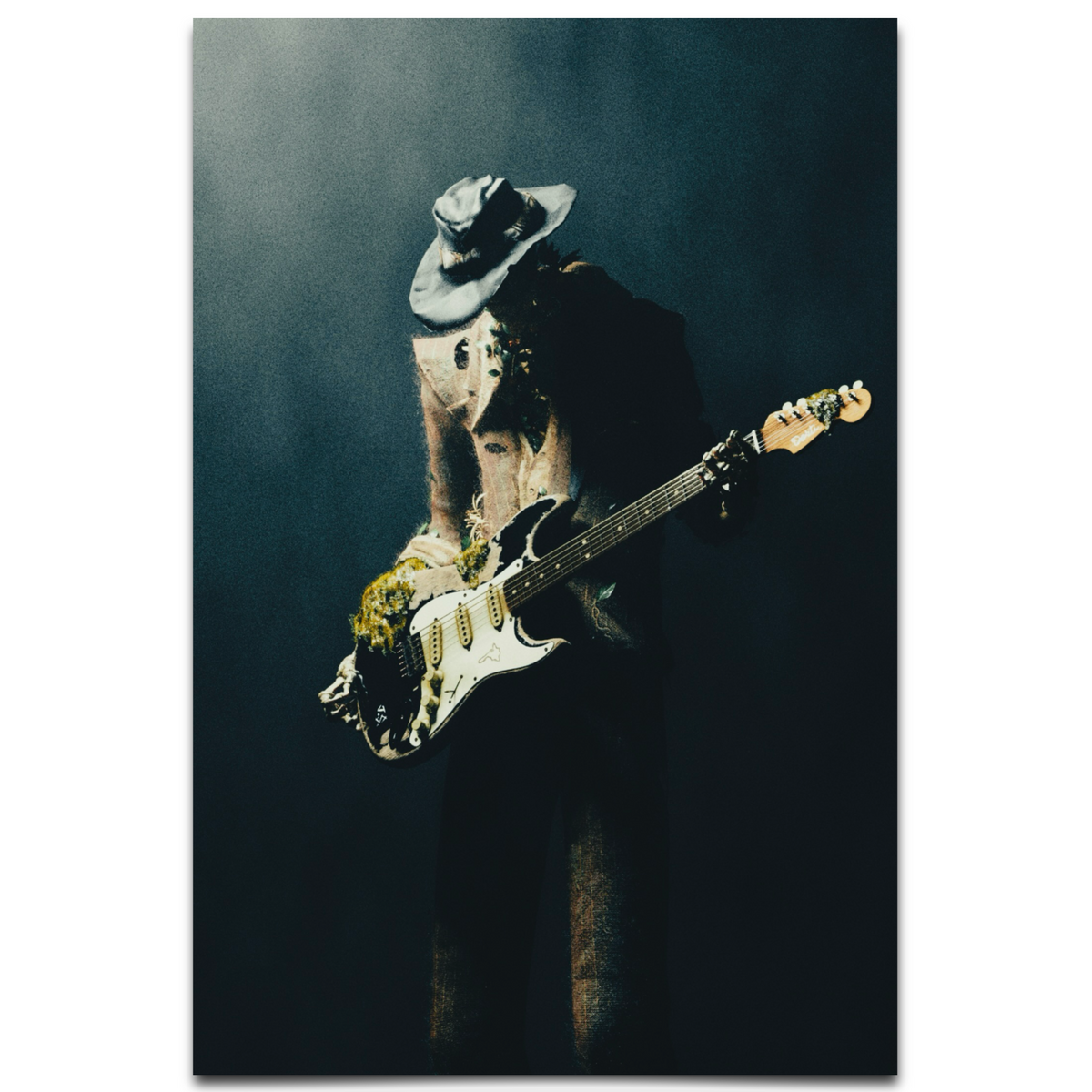If you’re a bassist or a guitarist dabbling in low-end tones, you might wonder: can guitar pedals be used for bass? The short answer is yes, many guitar pedals can work with bass guitars, but there are important caveats to consider. Not all pedals are designed to handle the lower frequencies of a bass, and using them improperly could affect your tone or even damage your gear. Let’s break it down.
Why Guitar Pedals Can Work for Bass
Most guitar pedals, especially effects like distortion, overdrive, delay, and reverb, process audio signals in a way that isn’t exclusive to guitars. A bass guitar’s signal can pass through these pedals just fine, and in many cases, the effect will sound usable or even great. For example, a fuzz pedal designed for guitar can add grit to a bassline, and a delay pedal can create atmospheric layers regardless of the instrument. Many iconic bass tones in rock and funk have been shaped using pedals originally marketed for guitarists.
Potential Issues to Watch For
While compatibility is often possible, bass guitars produce lower frequencies with more power than electric guitars, and not all pedals are built to handle this. Here are a few things to keep in mind:
- Loss of Low End: Some guitar pedals, especially older or cheaper distortion and overdrive models, can strip away bass frequencies, leaving your tone thin and lacking punch. Look for pedals with a “blend” or “mix” knob to retain your original low-end signal.
- Signal Clipping: Bass guitars output a hotter signal than guitars in many cases. This can cause unwanted clipping or distortion in pedals not designed for high input levels. Adjust your bass’s volume or use a pedal with adjustable input gain to mitigate this.
- Power Handling: Though rare, some poorly designed or vintage pedals might struggle with the power demands of a bass signal over time. Stick to reputable brands and check user reviews for bass-specific feedback.
Pedals Designed for Bass vs. Guitar Pedals
While many guitar pedals work for bass, some effects are tailored specifically for bass players. Bass-specific overdrive, compression, and EQ pedals are engineered to preserve low frequencies and handle the instrument’s unique signal. If you’re serious about effects, investing in a bass pedal or two might be worth it. That said, experimenting with guitar pedals can yield creative results—think of Jack White’s bass-like tones with guitar gear or Geddy Lee’s experimental synth effects on bass.
Tips for Using Guitar Pedals with Bass
To get the best results, start with these quick tips:
- Test pedals at low volumes first to avoid damaging your amp or speakers.
- Use an EQ pedal after effects to restore lost low-end frequencies if needed.
- Research pedals known to be bass-friendly—many fuzz, wah, and modulation pedals are versatile across instruments.
In summary, guitar pedals can absolutely be used for bass, and they often are by musicians looking to experiment or save on gear. Just be mindful of how they interact with your bass’s signal and prioritize preserving your low-end tone. With a little trial and error, you can unlock some killer sounds that blend the best of both worlds.



